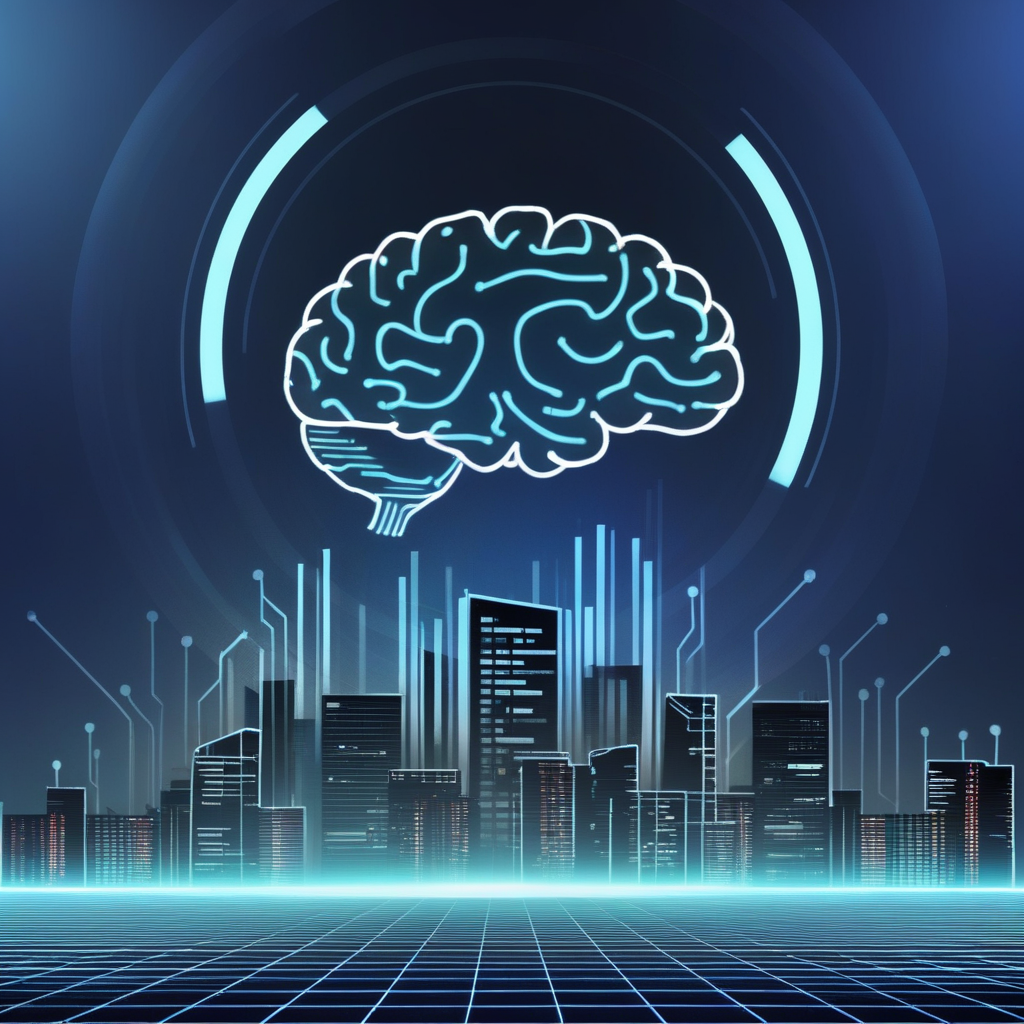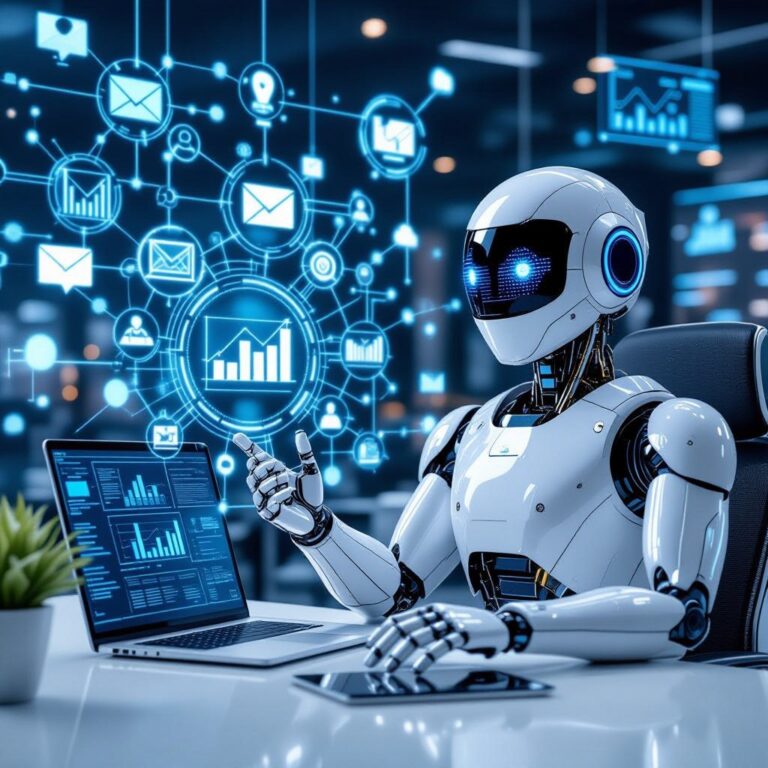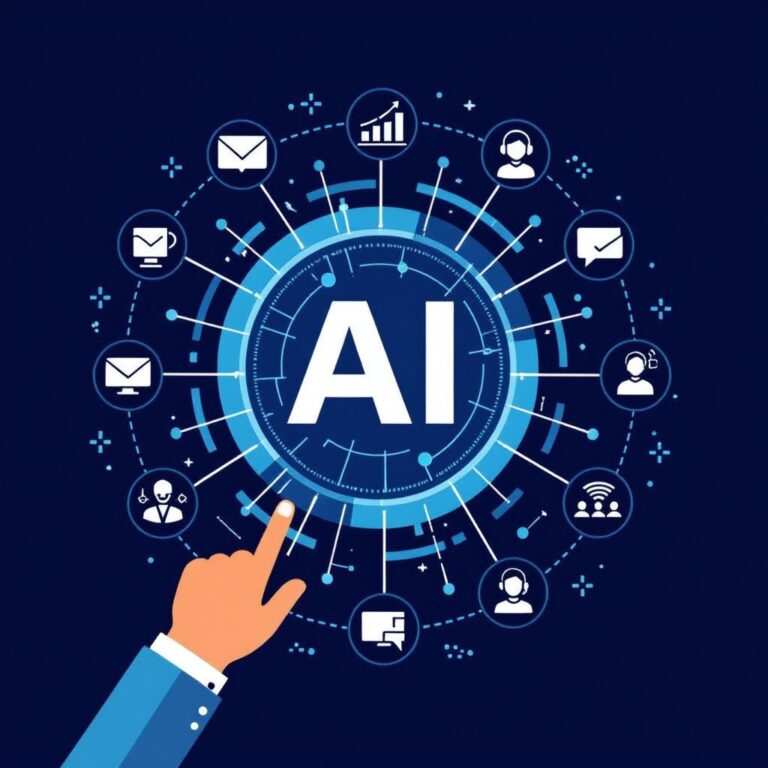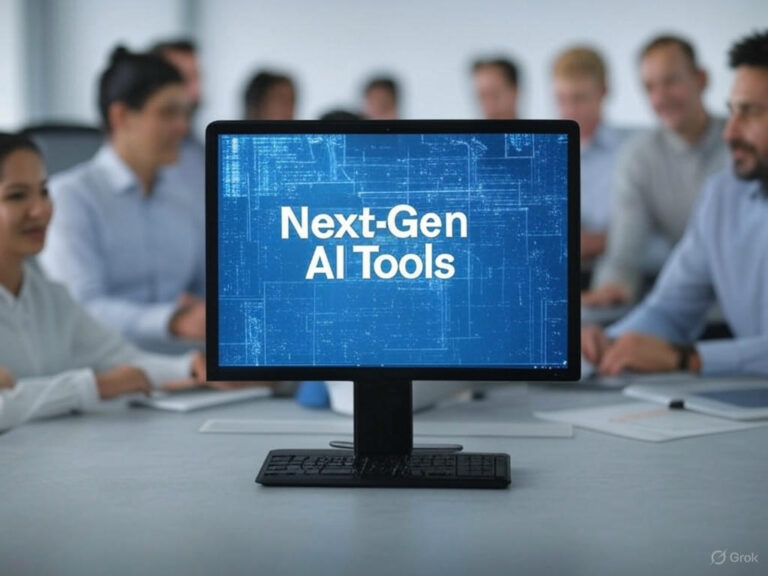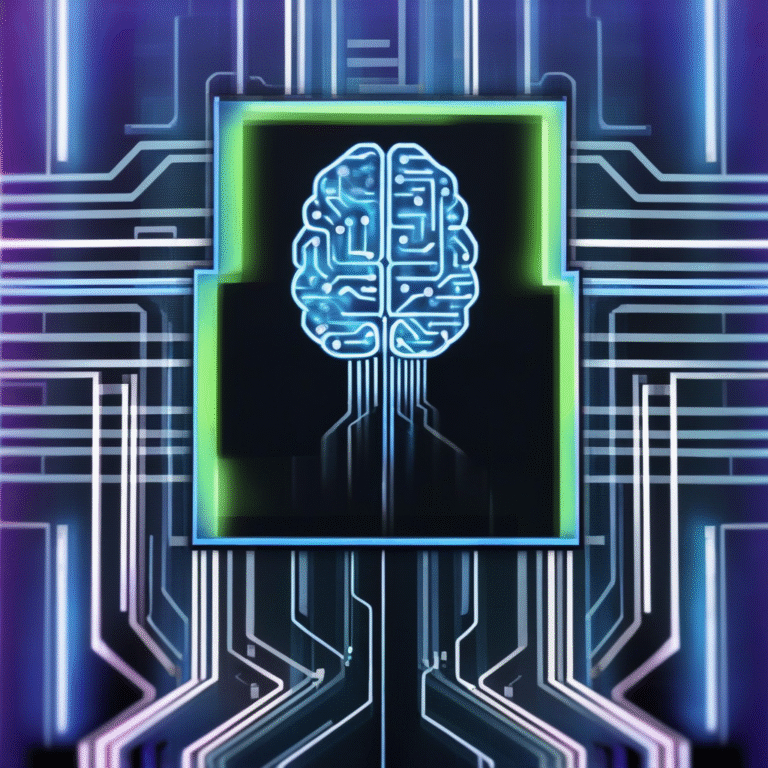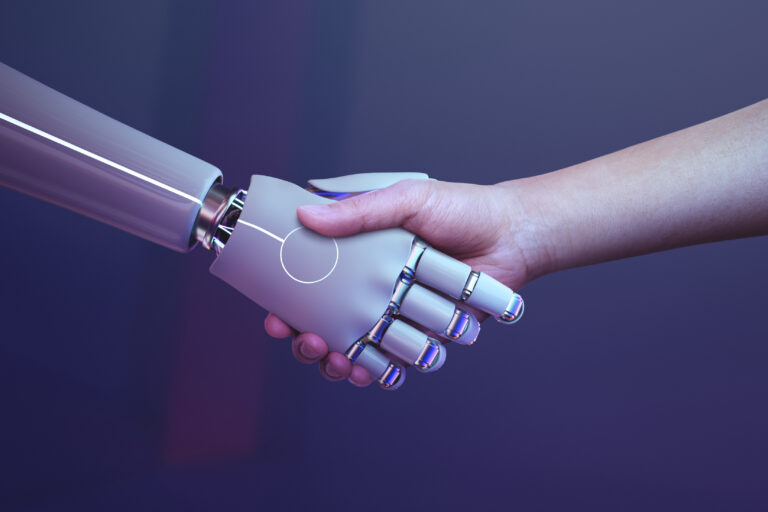Exploring the Latest Innovations in Artificial Intelligence
Table of Contents
Artificial intelligence (AI) continues to evolve at an unprecedented pace, redefining industries and unlocking new possibilities. In this article, we delve into the latest innovations in artificial intelligence, their transformative impact, and what the future holds.
Understanding AI Innovations
AI innovations refer to advancements in machine learning, deep learning, natural language processing (NLP), and other AI subsets. These innovations enable machines to perform complex tasks, make predictions, and even learn autonomously.
Key Areas of Innovation in AI:
- Natural Language Processing (NLP):
NLP innovations, such as OpenAI’s GPT models, allow machines to understand and generate human-like text, enhancing applications in chatbots, virtual assistants, and content generation. - Computer Vision:
Advances in computer vision empower AI systems to analyze and interpret visual data, from facial recognition to autonomous vehicle navigation. - AI-Powered Automation:
Automation solutions now integrate AI to streamline processes in industries like healthcare, manufacturing, and retail, boosting efficiency and reducing costs. - Generative AI:
Generative AI tools like DALL-E and MidJourney are transforming creative fields by producing images, music, and videos from simple text inputs. - Ethical AI:
Innovation in AI ethics ensures that AI systems are fair, transparent, and free from bias, fostering trust and accountability.
Real-World Applications
Healthcare:
AI is revolutionizing diagnostics, treatment planning, and drug discovery. For example, AI-powered imaging systems detect diseases earlier and with greater accuracy.
Business:
Companies leverage AI-driven insights to improve decision-making, optimize supply chains, and deliver personalized customer experiences.
Education:
AI innovations in personalized learning platforms provide tailored educational content to meet individual student needs.
Entertainment:
From AI-generated scripts to immersive gaming experiences, AI continues to push the boundaries of creativity.
Benefits of AI Innovations
- Increased Efficiency: Automating repetitive tasks allows humans to focus on strategic and creative endeavors.
- Cost Reduction: AI-driven solutions lower operational costs by reducing errors and improving resource management.
- Enhanced Decision-Making: AI provides actionable insights based on data analysis, enabling smarter business strategies.
Challenges in AI Innovation
Despite its potential, AI faces challenges such as:
- Data Privacy: Ensuring the ethical use of data remains a top concern.
- Bias and Fairness: Addressing inherent biases in AI algorithms is crucial for equitable outcomes.
- Scalability: Implementing AI at scale requires robust infrastructure and expertise.
The Future of AI Innovations
Looking ahead, AI is set to play an even greater role in shaping society. Key trends include:
- AI in Climate Solutions: Developing sustainable practices and technologies to combat climate change.
- Human-AI Collaboration: Blending human creativity with AI capabilities to solve complex problems.
- Autonomous Systems: Enhancements in robotics and AI-driven systems promise to revolutionize transportation, agriculture, and more.
How to Stay Updated on AI Innovations
To keep pace with AI advancements:
- Follow Industry News: Subscribe to leading AI blogs and publications.
- Engage in Learning: Enroll in AI-focused courses and webinars.
- Join AI Communities: Participate in forums and discussions with AI professionals.
Conclusion
Innovation in artificial intelligence is unlocking opportunities across sectors, reshaping the way we live and work. By embracing these advancements responsibly, we can harness the full potential of AI to build a smarter, more efficient future. Stay informed, stay inspired, and stay ahead in the AI revolution.

